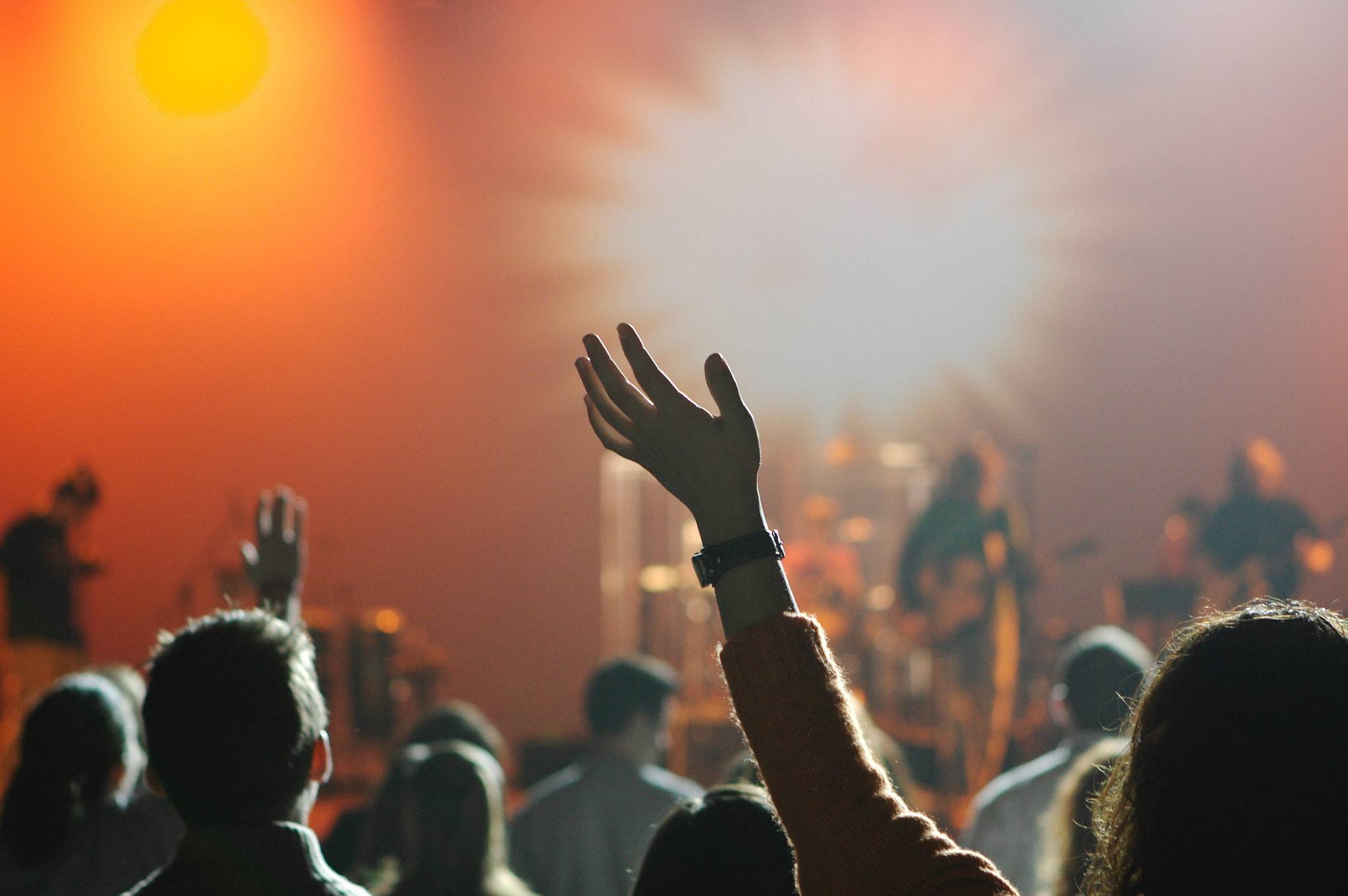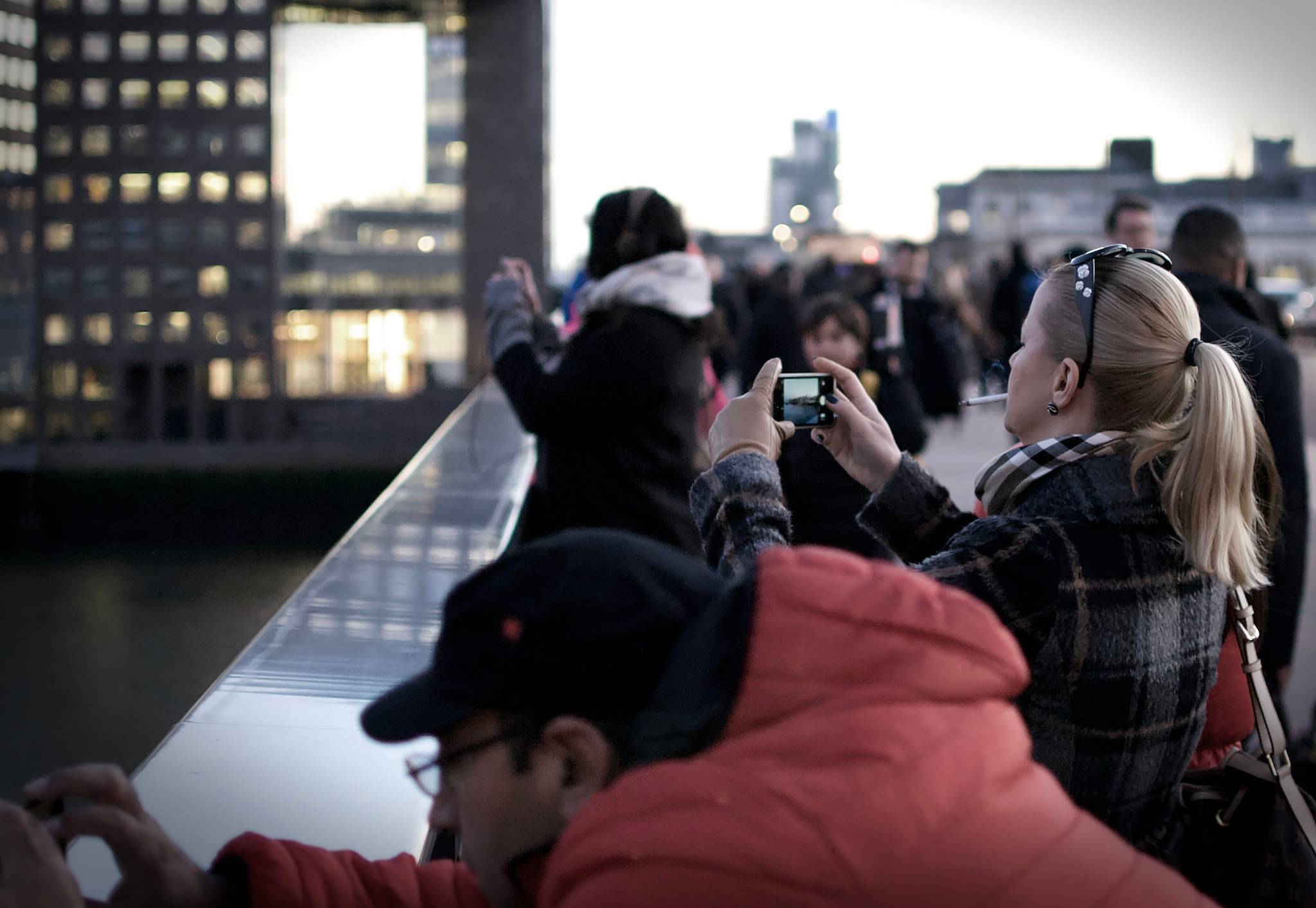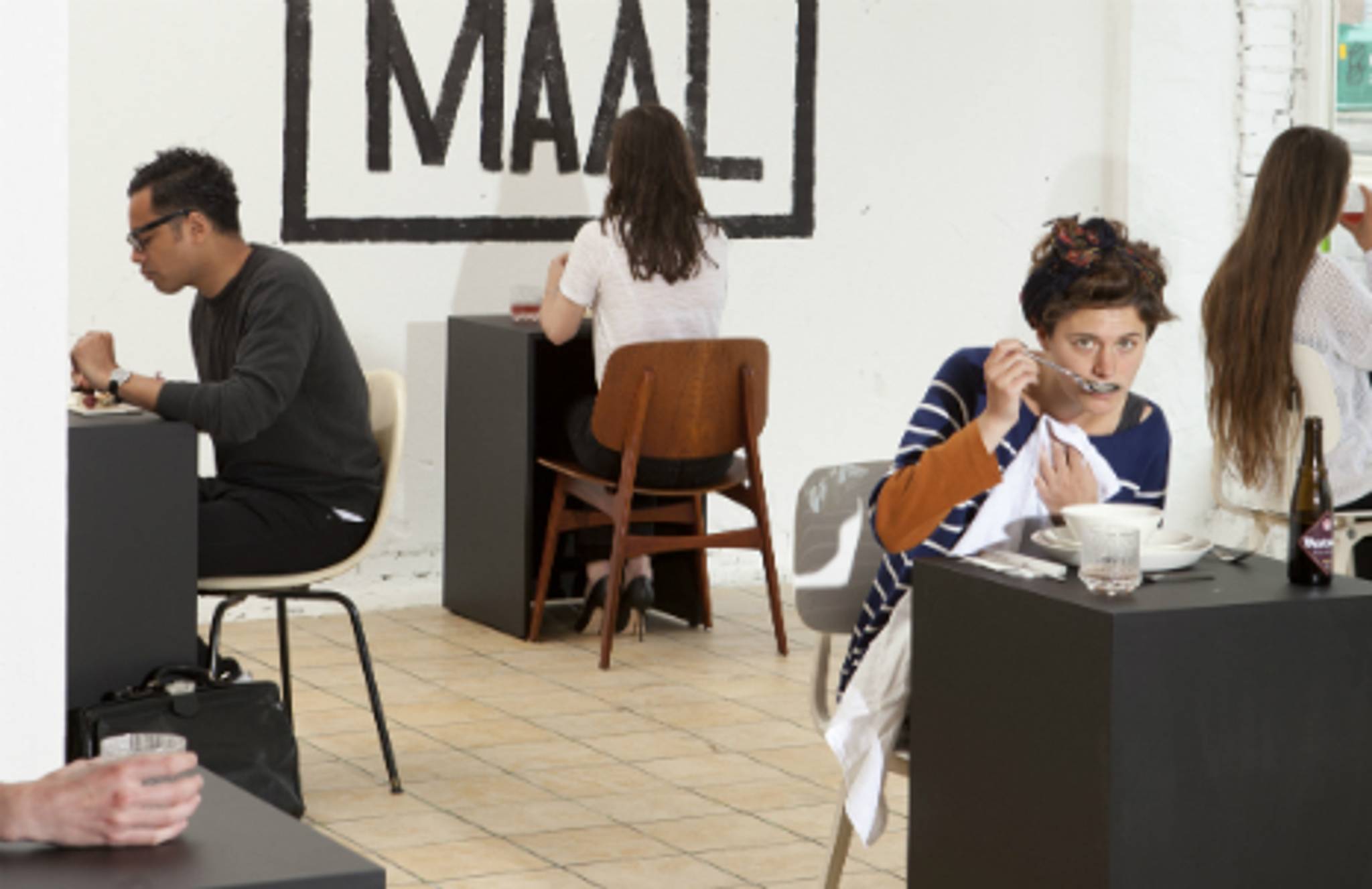
The thought of having to eat alone in a restaurant might have previously filled people with dread, but as people's attitudes towards 'me time' change, dining solo has lost much of its stigma. Taking time out for yourself doesn't mean you're a loner, and it can even be good for your wellbeing. We explore the science behind why people are hanging out on their own.
According to Waitrose's 2017 Food and Drink Report, 78% of Britons believe that dining alone is more socially acceptable than it was five years ago. It found that a third of respondents had dined solo within the month prior to the survey, and one in ten had done so in the previous week. Reasons for this are mixed – while 46% say restaurants have become friendlier to solo customer's, 23% say their smartphone provides them with company when they are eating out alone. One in five even say that it's a way to get some alone time.
Perhaps as the result of always-on lifestyles, attitudes towards alone time are changing – 98% of 18- to 24-year-olds would feel fine going to a gig alone. Meanwhile, two thirds of Britons say it's more acceptable to go travelling alone now than it was ten years ago. And nine in ten are happy to be in their own company, and it can even benefit people's mental health. “Alone time can be restorative and replenishing, providing psychological benefits in terms of stress reduction, understanding the self, and in identifying triggers of stress and other harmful states,” says clinical psychologist Dr. Libby Watson.
People are recognising the benefits of hanging out alone – research by Canvas8 found that 61% of Britons wish they could disconnect sometimes. Some establishments are beginning to understand that not all diners eat out to be social. For example, in London Victoria's Lorne Restaurant, a quarter of spaces are designated ‘counter seats’ for lone diners to enjoy a meal. But as pressure to be as social as possible continues to build – 55% of college students falsely assumed that their peers or classmates had more friends than they did – there’s plenty of opportunity to encourage some alone time.
Rebecca Smith is a behavioural analyst at Canvas8, which specialises in behavioural insights and consumer research. She’s previously worked on schemes promoting the open discussion of mental health issues among young people.



